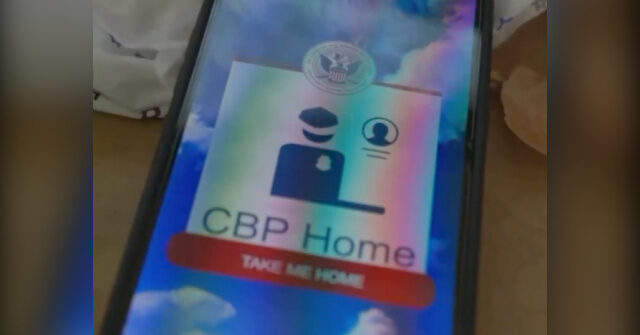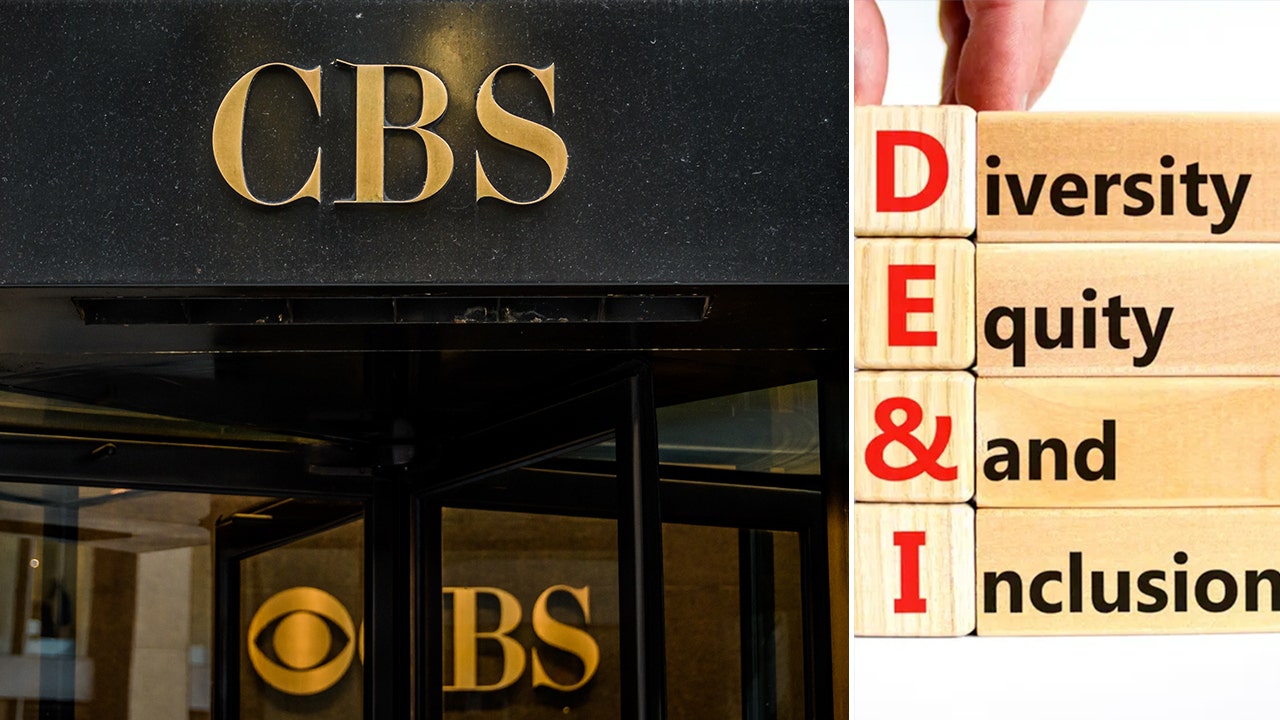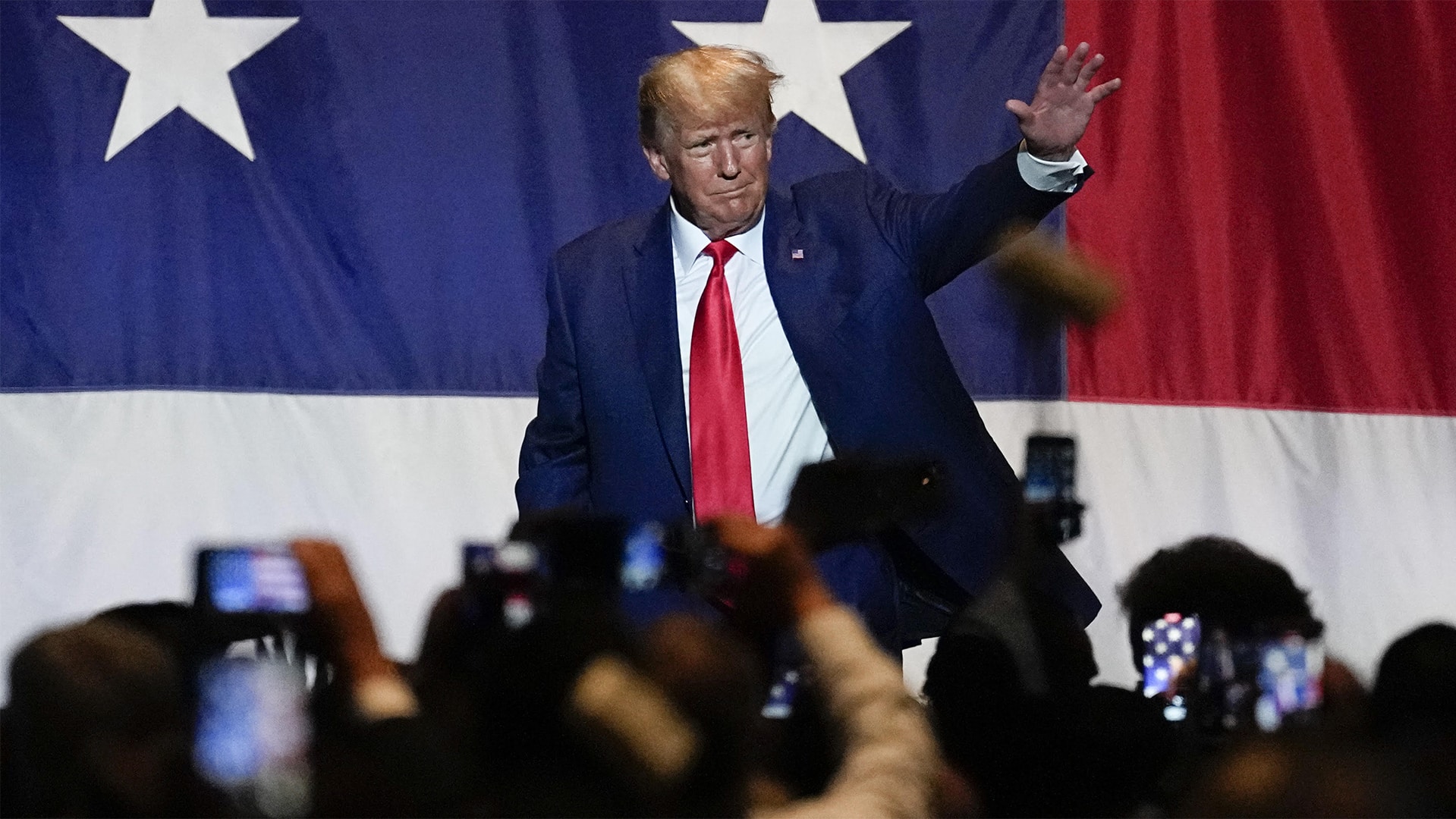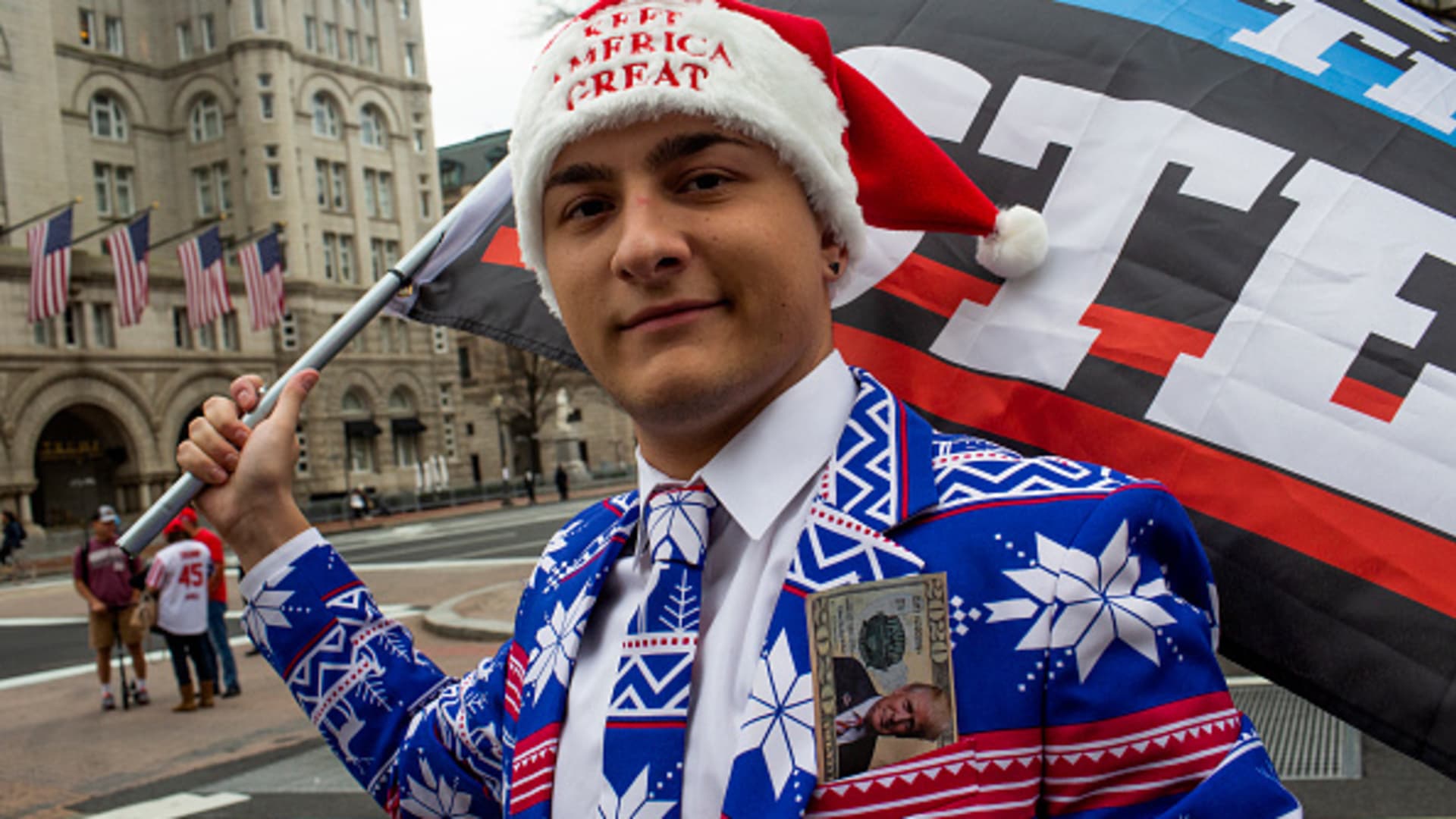Former president Donald Trump has pleaded not guilty to charges of illegally trying to overturn the results of the 2020 election in Georgia, waiving his right to appear at an arraignment next week. He also sought to sever his case from other defendants who are accused along with him in the case.
Last week, Trump surrendered on charges filed by Fulton County Distict Attorney Fani Willis in which he stands accused of illegally scheming to overturn the 2020 election result in that state. The brisk 20-minute booking led to a historic first: a mug shot of a former U.S. president.
The sprawling indictment details dozens of acts by Trump or 18 others to undo his defeat, including beseeching Georgia’s Republican secretary of state to find enough votes for him to win the battleground state; harassing an election worker who faced false claims of fraud; and attempting to persuade Georgia lawmakers to ignore the will of voters and appoint a new slate of electoral college electors favourable to Trump.
The case, filed under Georgia’s Racketeer Influenced and Corrupt Organizations Act, or RICO, sees Trump face 13 counts including soliciting a public officer to violate their oath, conspiring to impersonate a public officer, conspiring to commit forgery in the first degree and conspiring to file false documents.
Former U.S. president Donald Trump is facing criminal charges for the fourth time, after a Georgia grand jury issued a sweeping indictment accusing him of trying to overturn his 2020 election loss to Joe Biden and accusing him of running a ‘criminal enterprise.’ Andrew Chang explains all the charges, and why the latest are so significant.
Other defendants in the case include former White House chief of staff Mark Meadows, who is trying to get the case moved to federal court, as well as former Trump lawyer Rudy Giuliani.
Trump’s filing means he won’t have to show up for an arraignment hearing that Fulton County Superior Court Judge Scott McAfee had set for Sept. 6. Several of the other people charged in the indictment had already waived arraignment in filings with the court, saving them a trip to the courthouse in downtown Atlanta.
An attorney for Trump also asked McAfee on Thursday to separate his case from those of defendants — lawyers Kenneth Chesebro and Sidney Powell — who have asked for an expedited trial that is scheduled to start on Oct. 23.
Giving the former president less than two months to prepare a defence against a 98-page indictment would “violate President Trump’s federal and state constitutional rights to a fair trial and due process of law,” attorney Steve Sadow said in a court filing.
Willis has said she wants all of the defendants tried together, and she has asked the judge to set an Oct. 23 trial date for everyone.
Georgia governor backs DA, to an extent
There is some overlap in the allegations in the Georgia case with charges Trump faces in a federal indictment filed by the office of special counsel Jack Smith, under the aegis of the Justice Department.
That indictment, handed down earlier this month, charges Trump with four felony counts related to his efforts to undo his 2020 election loss, including conspiracy to defraud the U.S. government and conspiracy to obstruct an official proceeding. The charges could lead to a years-long prison sentence in the event of a conviction.
A trial date for that federal case has been set for March 4, 2024.
The Georgia case differs in that neither Trump, nor any Republican who were to become president, would be able to issue a pardon in the event of a conviction given it is a state case. Georgia’s laws also don’t give the state governor unilateral pardon power.

Meanwhile, some Georgia Republicans in the state legislature have expressed anger at what they see as politicized charges filed by Willis and have considered ways to investigate her activities.
Georgia Gov. Brian Kemp, speaking Thursday at a briefing about damage in the state caused by the storm Idalia, expressed misgivings about the pace of Willis’s probe, which began in 2021, but appeared to dampen the plans of those fellow Republicans.
“Up to this point, I have not seen any evidence that DA Willis’s actions or lack thereof warrant action by the prosecuting attorney oversight commission,” said Kemp.
Calendar filled with trials
All told, Trump faces 91 felony counts in the four criminal indictments and the prospect of years in prison if convicted as he is again a candidate for president for the Republican Party.
The indictments have all occurred since March but all stemming from investigations that began long before he announced last November his plans to run for president in 2024. Trump has slammed each of the prosecutions, declaring his innocence in each instance.
He faces a New York state trial beginning on March 25, 2024, involving allegations of the falsification of business records in connection with hush money payments to three individuals, including two women who said they had extramarital affairs with Trump. The prosecutor in that case, Manhattan District Attorney Alvin Bragg, has hinted that the trial date could be flexible.
On May 20 of next year, a federal trial is slated to begin in a case where Trump faces Espionage Act charges, and other charges related to the accusation that he unlawfully retained government documents, most of them classified and some designated as top secret. As with the federal election interference case, it is being overseen by special counsel Jack Smith under the aegis of the Justice Department.
In each case, a jury will need to be selected, a potentially lengthy process given public awareness of Trump’s legal exposure and presidential campaign.




















Discussion about this post